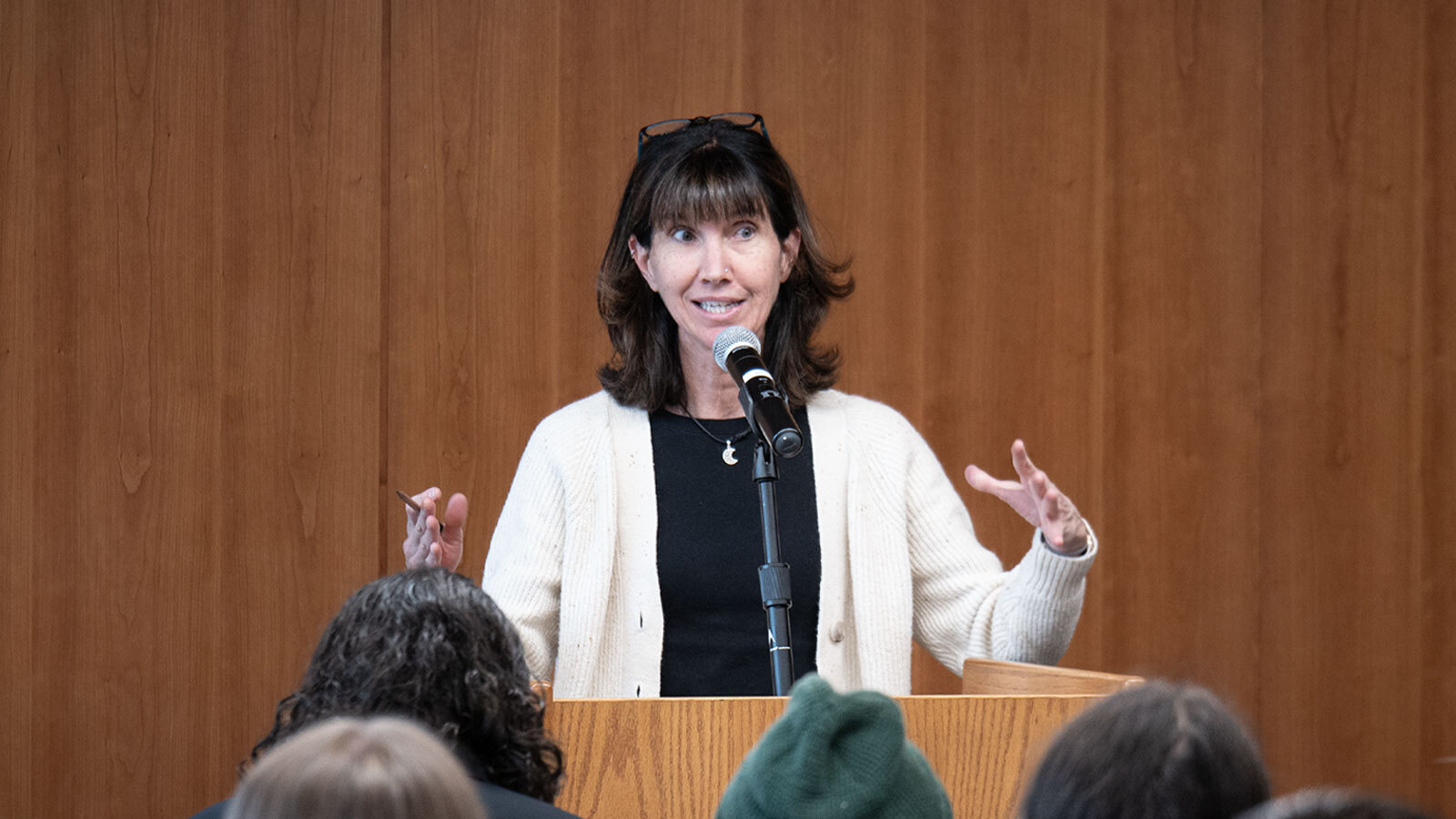Rural Pandemic
 Photo Credit: Photo by Lukáš Dlutko from Pexels.
Photo Credit: Photo by Lukáš Dlutko from Pexels.
Sociology at work during a crisis
By: Evan Rasmussen, CHaSS Communications Editor
Tom Mueller, Ph.D., an assistant professor of sociology at Utah State University, has published a paper alongside researchers from Yale and New York University in a forthcoming installment of Proceedings of the National Academy of Sciences. Their paper “Impacts of the Covid-19 Pandemic on rural America” focuses on Covid-19’s impact on vulnerable rural communities.
This research aims to uncover the overlooked effects of the Covid-19 pandemic on rural communities by focusing on rural populations in the American West. By conducting a broad survey of 1,009 rural westerners across 11 states, the researchers found that the effects on rural populations have been serious, with major negative impacts to unemployment, overall life satisfaction and economic outlooks.
When asked about why they conducted this research, Mueller said that the information researchers have on rural populations is “incredibly limited.”
“We just don't know how rural populations are faring in this pandemic relative to urban populations,” he said of the available data. “This is especially true for less frequently collected indicators such as those related to mental health impacts, economic outlook, and whether or not themselves, friends, or family have contracted the virus.”
Interested?
Sociology applies to a wide range of industries. If you'd like to know more, check out their webpage.
At the time of the survey, the researchers found that over 28% of rural Westerners had direct experiences with the virus, and that 1 in 5 that had been employed full-time in 2019 were no longer employed, leading to an equally dramatic increase in unemployment insurance usage. The majority of westerners also reported negative impacts to their overall mental health.
“Given the vulnerability of rural populations, we may have expected for the results to be more sever in rural areas,” Mueller said. “However, since our survey went out before the huge spikes in the Fall, the results we had made sense. Unfortunately, it is likely things have only gotten worse since our study due to the large increases in Covid-19 in rural places and the expiration of government relief.”
These views are widespread across demographic groups, as well. There were very few differences between the demographic groups, and the impacts were shared by westerners very broadly, regardless of sex, age, ethnicity or education.
Importantly, this research reflected many trends being reported in urban and national surveys and in some cases, the effects are being felt more severely in rural areas.
“The rural West has been hit hard by the pandemic. Many people are unemployed, people's current economic outlook is grim, and a huge portion of the population are reporting negative impacts to overall life, mental health, and household finances,” said Mueller. “Covid-19 is not just an urban problem and it is important that we consider the different contexts of rural and urban places when we design any future economic recovery policies.”
“Impacts of the Covid-19 Pandemic on rural America” is now available to read in Proceedings of the National Academy of Sciences.


 Photo Credit: Photo by
Photo Credit: Photo by 
